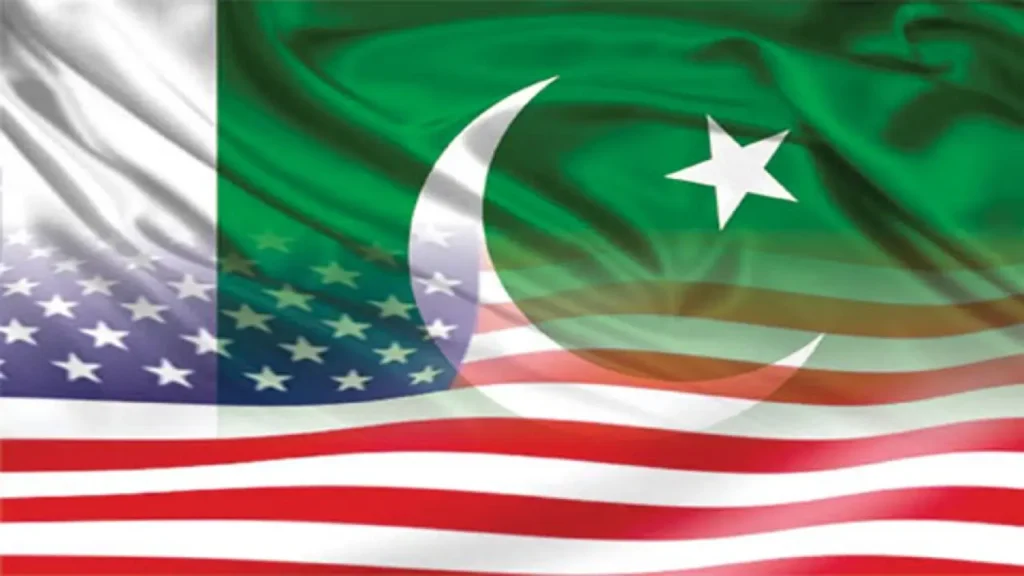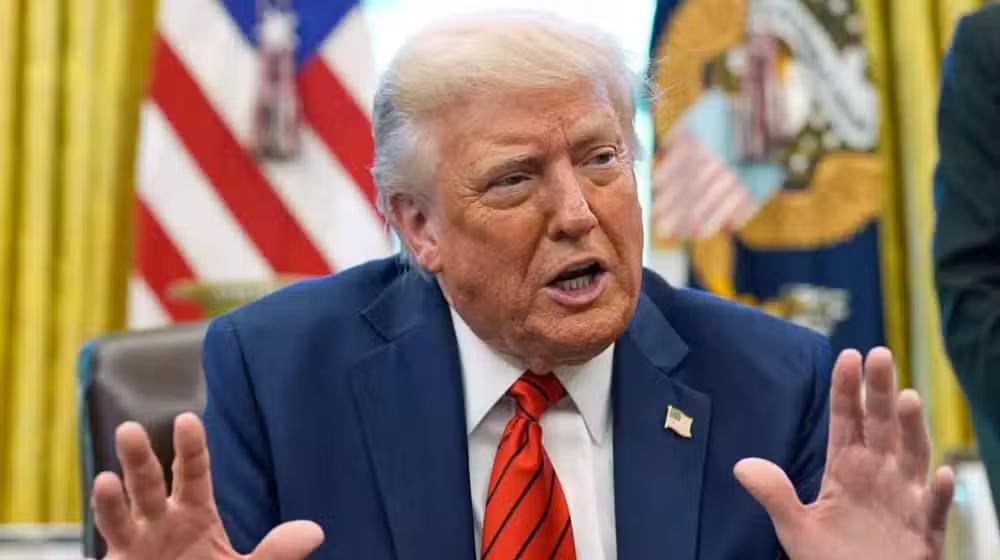A Bold Step in US-Pakistan Relations
In a recent social media post dated July 2025, President Donald J. Trump announced a significant trade deal with Pakistan, centered on developing the country’s substantial oil reserves. This agreement marks a pivotal moment in US-Pakistan economic relations, aligning with broader efforts to reduce the US trade deficit and foster mutually beneficial partnerships. The announcement also includes an intriguing possibility: Pakistan could one day export oil to India, a prospect that adds a layer of geopolitical complexity.

Background: Navigating Trade Tensions
The US and Pakistan have a long history of diplomatic and economic ties, but trade relations have faced challenges in recent years. In 2025, Pakistan faced a potential 29% tariff on its exports to the US due to a $3 billion trade surplus, as reported by Reuters. To address this, both nations have been negotiating a trade framework to preserve Pakistan’s access to the US market while encouraging imports of US goods, including crude oil.
Pakistan and the US reached a trade deal framework just before President Trump’s July 9 deadline. This framework aims to boost Pakistan’s exports, particularly in textiles and agriculture, while opening doors for US investments in sectors like energy and mining. The oil deal is a key component of this broader strategy, reflecting a shared interest in leveraging Pakistan’s natural resources.
The Oil Deal: Tapping Pakistan’s Potential
Pakistan’s Growing Oil Reserves
Pakistan has recently upgraded its oil reserves estimate by 23%, reaching 238 million barrels as of December 2024. This increase highlights the country’s untapped potential in the energy sector. Currently, Pakistan relies heavily on imported oil, with crude imports averaging 137,000 barrels per day, primarily from Middle Eastern countries like Saudi Arabia and the UAE. Developing domestic reserves could reduce this dependency, saving billions in import costs and enhancing energy security.
US Involvement in the Partnership
President Trump’s announcement emphasizes a collaborative effort to develop these reserves, with the US selecting an oil company to lead the initiative. While the specific company has not been named, the involvement of a US firm could bring advanced technology and expertise to Pakistan’s oil sector. Pakistan is considering importing US crude oil for the first time to offset its trade surplus and mitigate tariff pressures.
The India Angle
A surprising element of Trump’s announcement is the speculation that Pakistan could sell oil to India in the future. Given the historical tensions between the two nations, this prospect is both ambitious and complex. If realized, it could foster economic interdependence and potentially ease regional rivalries, though significant diplomatic hurdles would need to be addressed.
Implications for Pakistan
Economic Opportunities
The development of Pakistan’s oil reserves could be a game-changer for its economy. Key benefits include:
- Reduced Import Costs: Producing more domestic oil could lower Pakistan’s $18 billion annual oil import bill, freeing up resources for other sectors.
- Job Creation: Exploration and production activities could generate employment opportunities, particularly in underdeveloped regions.
- Foreign Investment: US involvement could attract further investment in Pakistan’s energy and mining sectors.
Challenges Ahead
Despite the potential, several challenges could hinder progress:
- Security Concerns: Many of Pakistan’s oil and mineral deposits are located in Balochistan and Khyber Pakhtunkhwa, regions prone to security issues. 95% of terrorist attacks in Pakistan in 2024 occurred in these provinces, posing risks to investors.
- Infrastructure Needs: Pakistan’s oil sector requires significant investment in infrastructure, from drilling equipment to refineries, to fully capitalize on its reserves.
- Regulatory Hurdles: Streamlining regulations and ensuring transparency will be critical to attracting and retaining foreign investment.
Implications for the United States
Advancing Trade Goals
The deal supports President Trump’s broader trade strategy, which focuses on reducing the US trade deficit through reciprocal agreements. By encouraging Pakistan to import US crude oil, the US can boost its energy exports. This aligns with similar efforts with other countries, such as South Korea, which is exploring increased LNG imports to reduce tariffs.
Strategic Positioning
Engaging in Pakistan’s energy and mineral sectors allows the US to diversify its sources of critical resources, reducing reliance on other regions. Pakistan’s $6 trillion minerals sector, including oil and gas, is a strategic priority for the US, particularly in countering Chinese dominance in global mineral markets.
Future Prospects: What’s Next?
Selecting the Oil Company
The next critical step is the selection of the US oil company to lead the partnership. This decision will shape the project’s timeline and success, as the chosen firm will need to navigate Pakistan’s complex operational environment. Details about the selection process are expected in a forthcoming report, as promised in Trump’s announcement.
Potential for Regional Impact
The suggestion that Pakistan could export oil to India introduces a fascinating possibility. While speculative, such a development could reshape South Asian energy markets, fostering cooperation between Pakistan and India. However, this would require significant diplomatic efforts to overcome historical tensions, US-Pakistan deal could raise diplomatic concerns for India.
Broader Trade Framework
The oil deal is part of a larger trade framework that includes negotiations on tariffs and investments in other sectors, such as mining and technology. Pakistan’s Finance Minister Muhammad Aurangzeb visited the US to finalize the trade deal, indicating that discussions are in their final stages. The outcome of these talks will likely influence the oil partnership’s scope and implementation.
A Promising Yet Complex Partnership
President Trump’s announcement of a trade deal with Pakistan to develop its oil reserves marks a significant step in US-Pakistan economic cooperation. For Pakistan, the deal offers a chance to bolster its energy sector and economy, while for the US, it supports efforts to reduce trade deficits and secure strategic resources. However, challenges like security risks and infrastructure needs must be addressed to realize the deal’s full potential. The speculative mention of oil exports to India adds an intriguing dimension, with the potential to reshape regional dynamics. As the US selects an oil company and releases further details, this partnership could herald a new era of collaboration and opportunity.
| Aspect | Details |
|---|---|
| Oil Reserves Estimate | 238 million barrels (23% increase as of December 2024) |
| Pakistan’s Oil Imports | ~137,000 barrels per day, primarily from Saudi Arabia and UAE |
| Trade Surplus with US | ~$3 billion in 2024, prompting potential 29% tariffs |
| Trade Deal Deadline | July 9, 2025, for reciprocal tariff framework |
| Potential US Exports | Crude oil, energy products, and investments in mining and technology |
| Key Challenges | Security in Balochistan, infrastructure development, regulatory transparence |







